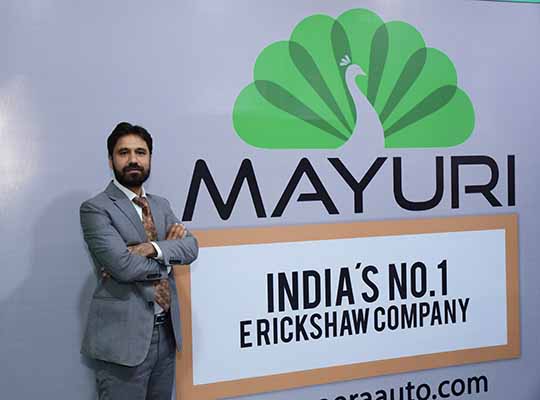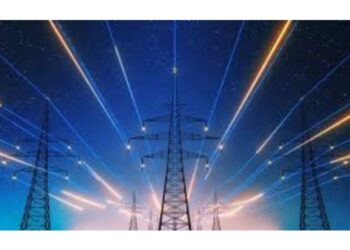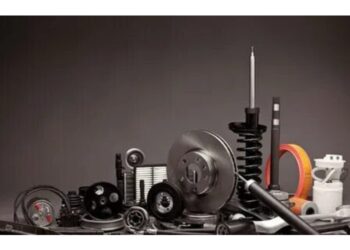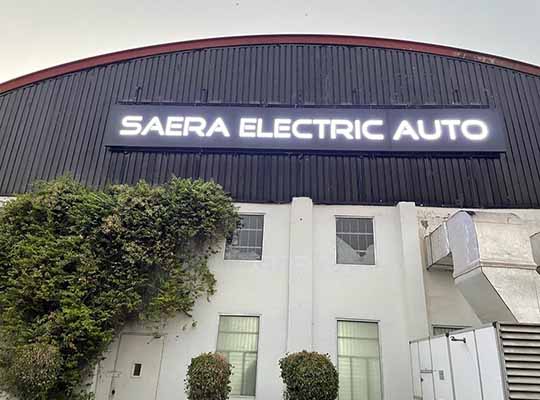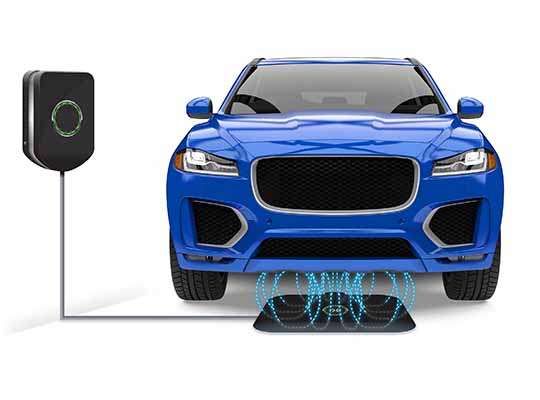India’s endeavor to embark on the journey of clean mobility has mostly been driven by the soaring petrol prices and the country’s pursuit to meet its commitment to reduce the overall carbon footprint. For India to maintain its responsibility towards the Sustainable Development Goals (SDGs), steady penetration of electric vehicles and a proportionate decline in the sale of internal combustion engine (ICE) vehicles, is imperative.
While the demand for green transportation is gradually growing, there are certain challenges still remain to be addressed to set up a robust EV infrastructure in the country. Growth of the sector is different at every stage of the EV value chain; Internet of Things (IoT) can play a major role in revamping the modern-day transportations by providing real-time data.
The application of IoT in the smart vehicles not only helps the end users save energy, time, fuel and money but also facilitates them with a vehicle that is safer to travel and gives accurate information about the condition of the various parts of the vehicle and real-time traffic and road situation during the journey. Also, the driver’s near and dear ones can track the vehicle.
The adoption of IoT to manufacture smart electric vehicles is also a major boost towards promoting India’s ambitious campaign, Digital India. India’s flagship initiative, Digital India, eyes at transforming India into a digitally-enabled society and knowledge economy. The scheme was introduced by the government to fuel the country’s technological advancements and to ensure that citizens may access government services electronically by eliminating paperwork. Some of the key features of the Digital India scheme include services that are seamlessly linked across agencies or jurisdictions, real-time access to services via web and mobile platforms and services that have been digitally altered to make doing business easier.
With the increasing demands, India has set a target to achieve electrification of 70 per cent of all commercial cars, 30 per cent of private cars, 40 per cent of buses and 80 per cent of two and three wheelers by 2030. There has also been a significant rise in the sale of electric vehicles in the recent years. In Sept 2022, sale of the electric three wheelers has surged to a staggering 36.1 K units a 123 % YOY same period & total registrations of E3 W have touched 169 K for period of April to Sept 22 which is 198,4 % increase YOY for same period.
To further boost the futuristic Digital India and self-reliant India initiatives, auto manufacturers these days are focusing on leveraging cutting-edge technologies like artificial intelligence (AI), machine learning (ML), and Internet of Things (IoT) to revolutionize Indian mobility towards a greener future. However, while the application of IoT can facilitate customers with advanced driving experience, increasing IoT devices in vehicles is a matter of grave concern since it can be a gateway for hackers to breach and exploit other devices in the network.
Market observers suggest that for a fast paced transition towards clean mobility, with the application of modern-age technologies, India will require a cumulative investment of Rs 19.7 trillion in the electric vehicles, charging infrastructure and batteries over the next ten years. Central and state governments, OEMs, NFBCs, private banks, fleet operators, and start-ups and fintechs are the key players to unlock the real potential for the penetration of electric vehicles in the country.


